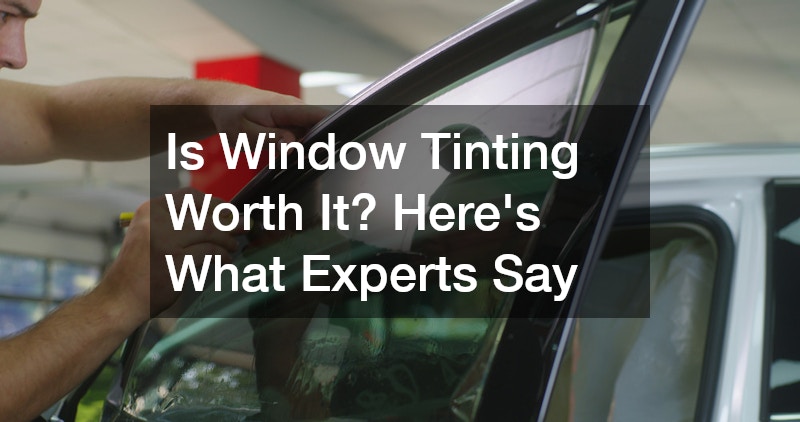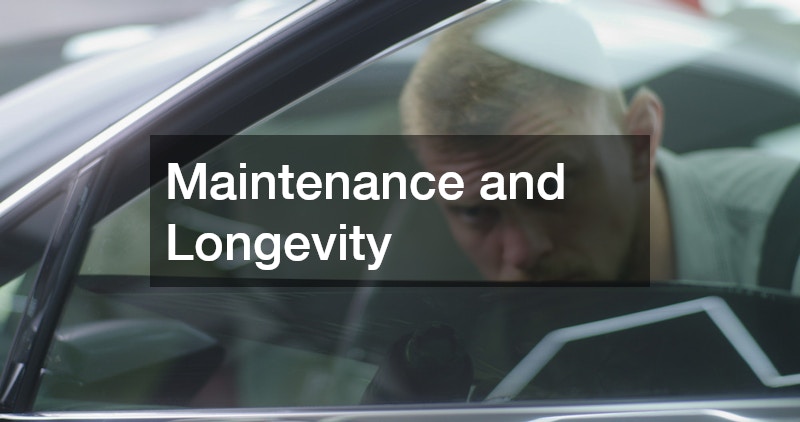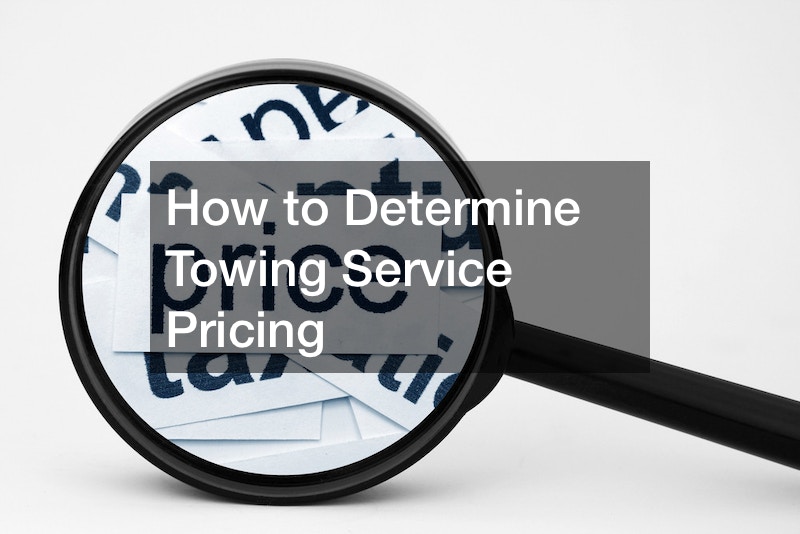
Is Window Tinting Worth It? Heres What Experts Say

Window tinting has gained significant popularity among vehicle owners and property managers due to its wide array of benefits. Industry experts emphasize the multifunctionality of window tints, highlighting their contributions to health, privacy, energy efficiency, and security. If you’re contemplating whether window tinting is the right choice for your vehicle or property, understanding the essential considerations can guide you in making an informed decision.
Protection Against UV Rays
Window tinting serves as a formidable barrier against harmful ultraviolet (UV) rays, reducing exposure to these skin-damaging elements. Experts note that a high-quality window tint can block up to 99% of UV rays, thereby helping to prevent skin cancer and premature skin aging. Besides personal health benefits, window tints also protect the interiors of vehicles and homes from fading and damage caused by relentless sun exposure.
With the ability to minimize UV radiation penetration, window tinting effectively shields sensitive materials like leather, fabric, and plastics from deterioration. The integration of UV protection in window tints is seen as a major advantage for homeowners who wish to prolong the lifespan of their furnishings. Investing in window tinting thus provides dual benefits of health protection and preservation of property aesthetics.
Improved Privacy and Security
One of the most sought-after benefits of window tinting is the enhanced privacy it offers to occupants of vehicles and properties. Tinted windows obscure the view from the outside, thus reducing the likelihood of prying eyes invading one’s personal space. This degree of privacy is particularly valuable for high-profile individuals or those who prefer discretion.
Beyond privacy, window tinting contributes to heightened security by concealing valuable possessions from potential thieves. Experts argue that a major deterrent to theft is the inability to see inside vehicles and homes, which is effectively achieved through tinted glass. This security feature is a compelling reason why business owners and homeowners opt for window tinting as part of their safety strategy.
Energy Efficiency and Comfort
Window tinting plays a crucial role in enhancing energy efficiency by reducing the amount of solar heat that penetrates through glass surfaces. This reduction in heat transfer leads to decreased reliance on air conditioning systems, thereby lowering overall energy consumption and costs. Such energy efficiency is attractive to both homeowners and business operators aiming to trim down utility bills.
Experts assert that window tinting facilitates maintaining comfortable indoor temperatures, contributing significantly to occupant comfort. During the summer months, window tints minimize the influx of heat, allowing for cooler temperatures within living or working spaces. Conversely, in winter, window tints can offer slight insulation benefits, retaining heat indoors and further promoting energy savings.
Dyed Window Tint
Dyed window tints comprise a layer of dye applied between layers of adhesive and protective polyester coating, resulting in excellent glare reduction. Experts highlight that dyed tints are cost-effective and can effectively cool a vehicle by blocking some solar heat. However, these tints are known for their fading tendency over time which might necessitate more frequent replacements.
Despite being one of the more economical options, dyed tints have a limited life span with susceptibility to discoloration. This type of tint might not completely block UV rays or offer the durability found in more sophisticated tint options. Nevertheless, for budget-conscious consumers, dyed window tints are an entry-level solution that provides immediate relief from glare and moderate heat reduction.
Metalized Window Tint
Metalized window tints incorporate small metallic particles, serving as an effective barrier against heat and glare. Experts verify that this type of tint is renowned for its durability and strength, with the ability to enhance glass shatter-resistance further. One potential downside, however, is its impact on electronic devices due to interference with radio and mobile signals.
This tint type is preferred for its robust construction and superior performance in preventing solar heat gain. Aside from thermal benefits, metalized tints also increase shatter-resistance, providing an added security measure and peace of mind. Despite these advantages, one must weigh the importance of signal clarity for navigational or communication purposes when considering metalized tints.
Maintenance and Longevity
The lifespan of window tinting varies based on factors such as material quality, installation quality, and environmental conditions. Regular maintenance, including cleaning with non-abrasive products, can extend the life of window tints and preserve their appearance. Experts suggest inspecting tints periodically for signs of peeling or bubbling to address any issues promptly.
Window tinting offers numerous benefits ranging from UV protection and enhanced privacy to energy savings and improved aesthetics. Expert insights emphasize that while window tinting represents an initial investment, the long-term advantages often justify the cost. Making an informed decision involves assessing personal needs, understanding legal implications, and selecting the right materials to meet those needs. With judgement and care, window tinting can be a valuable enhancement to any vehicle or property, providing protection and comfort for years to come.



